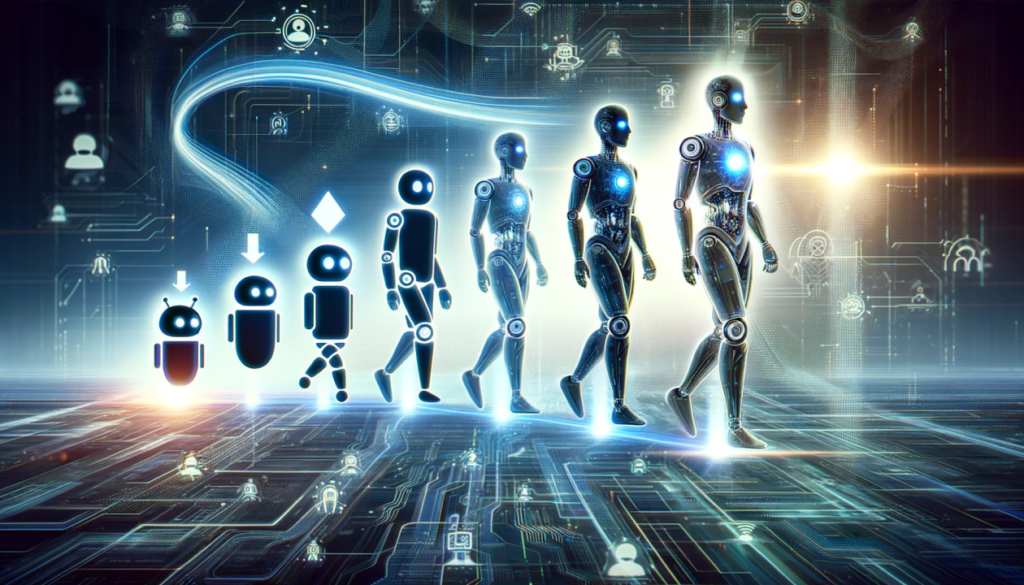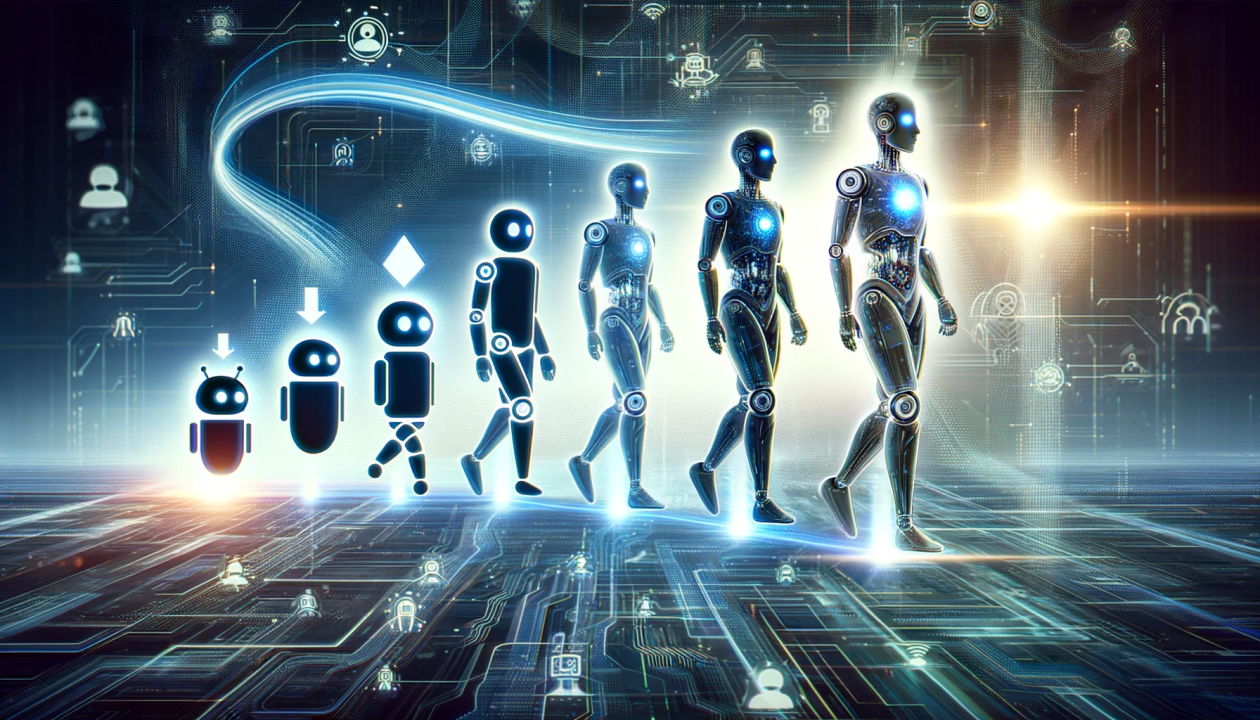
Autonomous systems have become a central focus of technological innovation, with Artificial Intelligence (AI) development and Machine Learning (ML) algorithms driving these advancements. From self-driving cars to intelligent drones, AI and ML are revolutionizing how machines interact with the world, making decisions and performing tasks that were once thought to require human intervention. As we stand on the brink of this new frontier, the implications for industries, economies, and society are profound.
The Role of Artificial Intelligence and Machine Learning in Autonomous Systems
At the heart of autonomous systems is AI, a technology that enables machines to mimic human intelligence. Machine Learning (ML), a subset of AI, allows these systems to learn from data, improving their performance over time without explicit programming. Together, AI-driven automation and ML are the engines powering the next generation of autonomous systems.
Self-Driving Vehicles
One of the most prominent examples of AI and ML in action is in self-driving cars. These vehicles use a combination of sensors, cameras, and radar to perceive their environment. AI algorithms process this data to make real-time decisions, such as when to stop, accelerate, or avoid obstacles. Machine Learning plays a crucial role by analyzing vast amounts of driving data to refine the decision-making process, making self-driving cars safer and more efficient over time.
Autonomous Drones
Drones equipped with Artificial Intelligence and Machine Learning are transforming industries ranging from agriculture to logistics. In agriculture, autonomous drones can monitor crop health, optimize irrigation, and even plant seeds. In logistics, they can deliver packages to remote areas, reducing delivery times and costs. AI enables these drones to navigate complex environments, while Machine Learning allows them to adapt to new conditions and improve their performance.
Industrial Automation
Artificial Intelligence (AI) and Machine Learning (ML) are also making significant inroads in industrial automation. Autonomous robots in manufacturing plants can assemble products, perform quality checks, and even manage supply chains. These robots use AI to understand and interpret their tasks, while Machine Learning helps them improve efficiency and reduce errors. The result is a more agile and responsive manufacturing process that can adapt to changing market demands.
Challenges and Opportunities
While the potential of Artificial Intelligence and Machine Learning in autonomous systems is vast, it also presents several challenges. One of the primary concerns is safety, particularly in applications like self-driving cars and drones. Ensuring that these systems can operate safely in unpredictable environments is paramount. This requires rigorous testing, robust AI algorithms, and fail-safe mechanisms.
Another challenge is the ethical implications of autonomous systems. As machines take on more decision-making roles, questions arise about accountability and transparency. For example, in the case of an accident involving a self-driving car, who is responsible—the manufacturer, the programmer, or the AI-powered decision-making system itself? Addressing these ethical concerns is crucial as we move towards greater autonomy in machines.
Despite these challenges, the opportunities presented by Artificial Intelligence (AI) development and Machine Learning (ML) algorithms in autonomous systems are immense. These technologies have the potential to improve efficiency, reduce costs, and create new business models across various industries. As they continue to evolve, we can expect to see even more innovative applications, such as Computer vision AI applications and Natural Language Processing (NLP) systems, that will reshape our world.
AI in data analytics and predictive modeling with ML are already proving to be game-changers in sectors like finance, healthcare, and logistics. Deep Learning techniques are pushing the boundaries of what machines can learn, making them more adaptable and responsive. The future of AI and ML for business solutions holds exciting possibilities as we continue to explore their capabilities in AI-driven automation and other advanced technologies.




